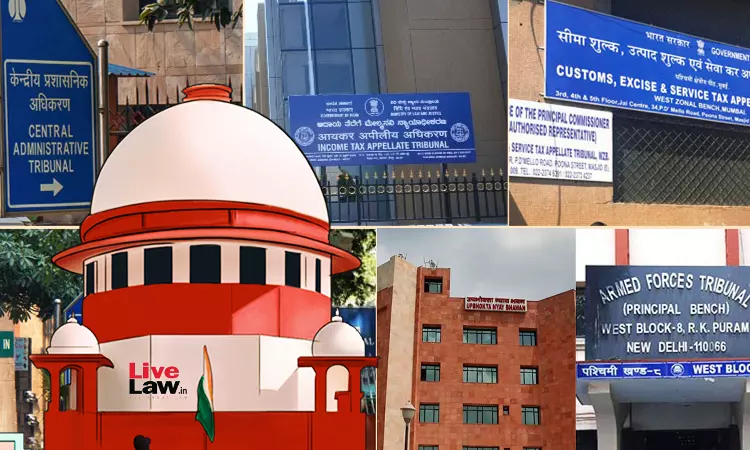Supreme Court Raises Concerns At Tribunal Benches Being Presided By Non-Judicial Members, Seeks AG's Response
Debby Jain
21 Feb 2024 6:57 PM IST

Next Story
21 Feb 2024 6:57 PM IST
In a crucial development, the Supreme Court today (February 21) took up for consideration the issue as to whether Tribunals/Commissions across the country, like the National Consumer Disputes Redressal Commission (NCDRC) shall comprise of a Judicial Member, who shall also be the Presiding Member.Yesterday, the Bench of Justices Surya Kant, Dipankar Datta and KV Viswanathan had called on...
